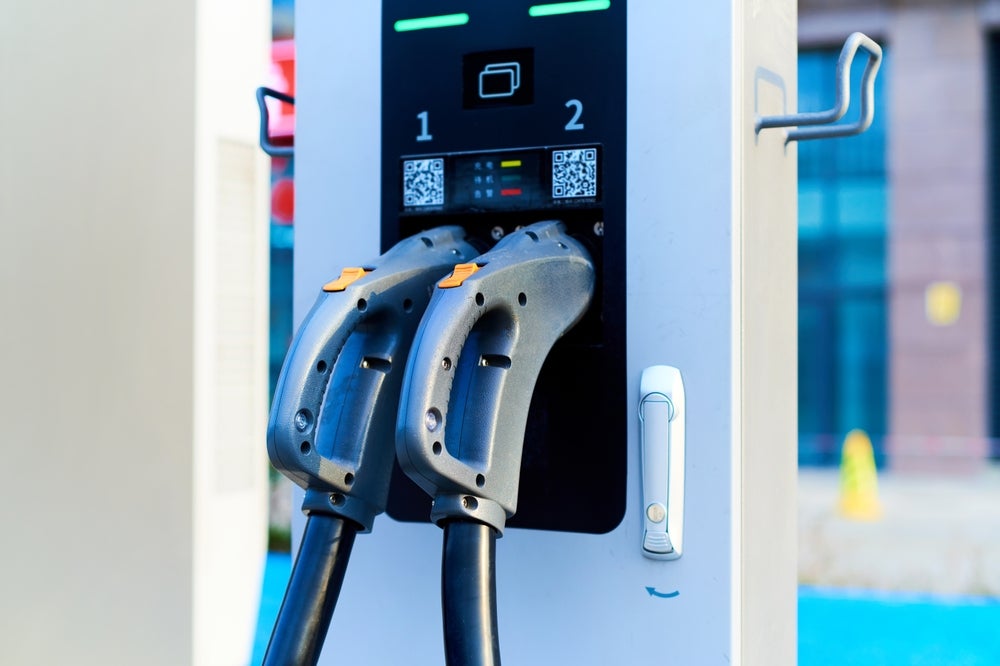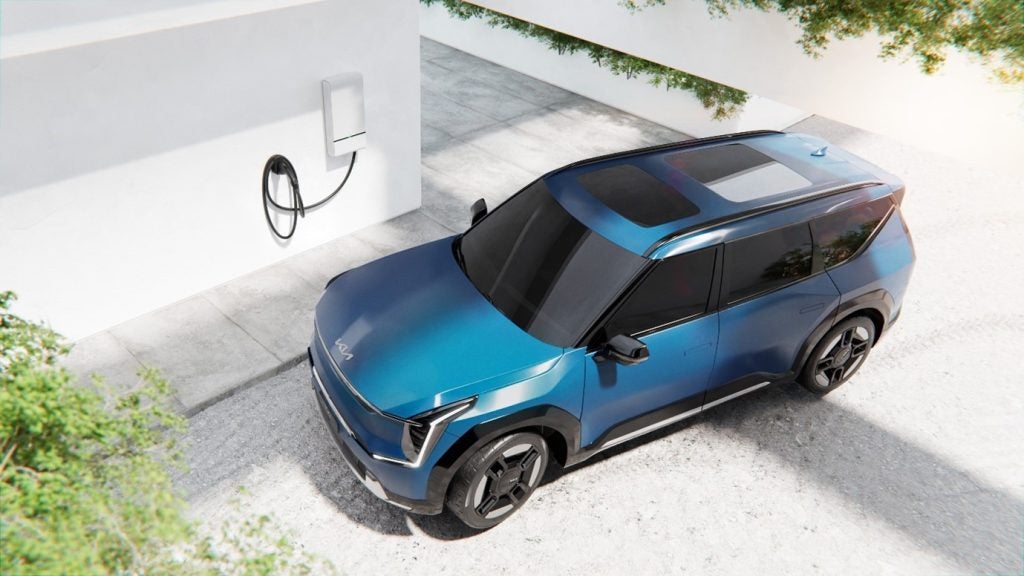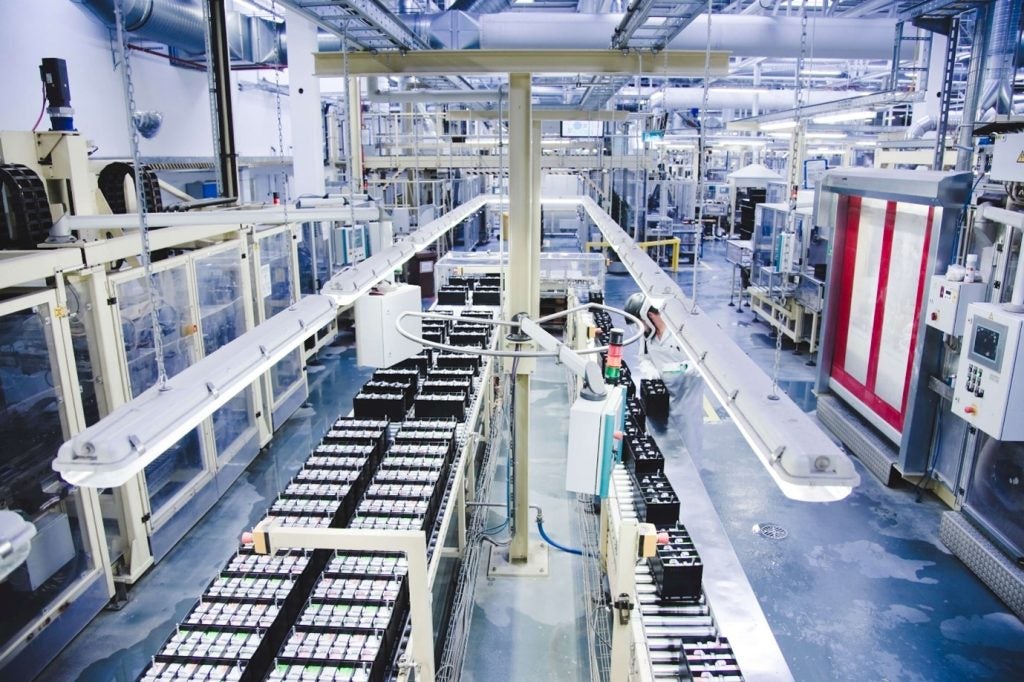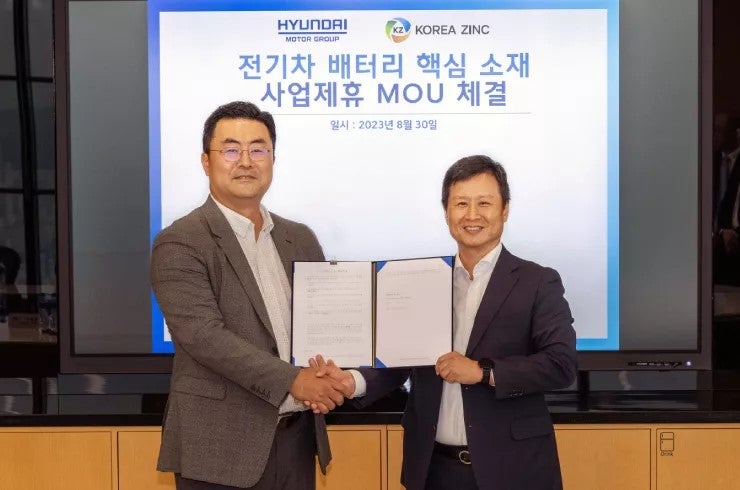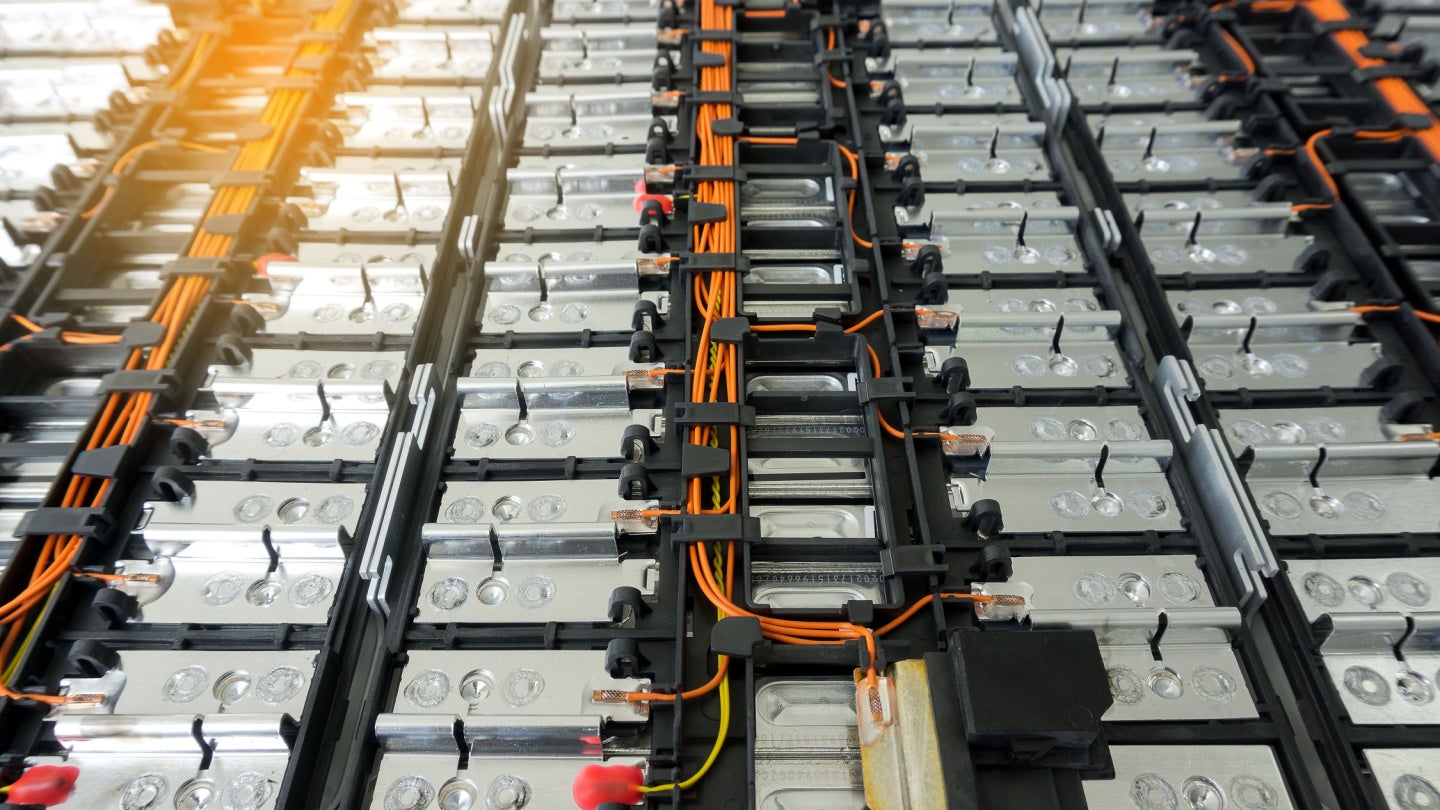
EV batteries will face greater scrutiny as part of US efforts to remove links to forced labour in Chinese supply chains, Reuters reports.
The Uyghur Forced Labor Prevention Act (UFLPA), which came into effect a year ago, bans the import of goods made in Xinjiang, China. The ban includes solar panels, tomatoes and cotton garments.
This has been broadened to components such as lithium-ion batteries and tyres.
Automakers must need proof that their supply chains do not have links to Xinjiang, the region where human rights groups and the US believe there are forced labour camps.
While the US is focused on reducing its reliance on China in its supply chain, Chinese firms have found a way to qualify for US tax breaks by partnering with South Korean battery makers.
While this may be risky for Korea – the US could block these partnerships – in light of the US’ rules on Chinese imports, these partnerships are safer than importing Chinese raw materials into Korea, to be then exported to the US.
Automaker Volkswagen has faced several calls this year to conduct an external audit of its Xinjiang plant, something which it says it “absolutely” intends to do.
Earlier this year protestors stormed its annual investors meeting, and it was also the subject of an open letter from the German Association of Ethical Shareholders, which voiced fresh concerns over alleged human rights violations.
China has denied all allegations of human rights abuses.



